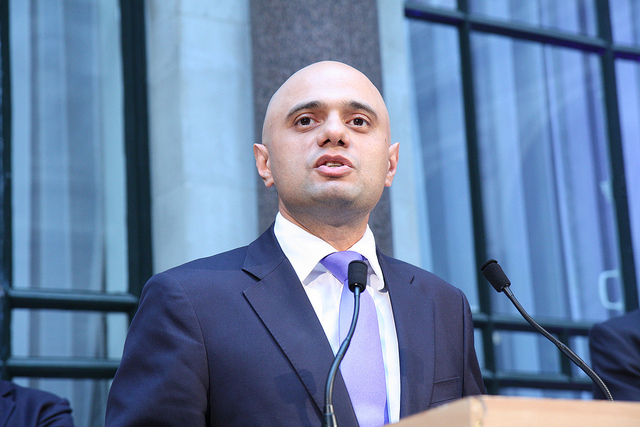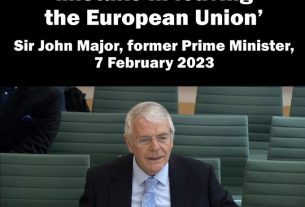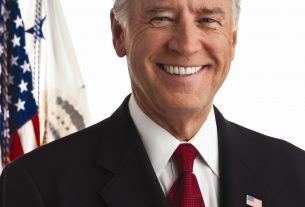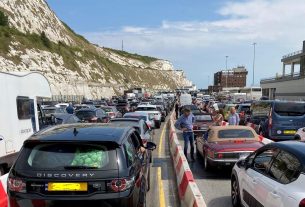Freedom of movement between the UK and EU will end no matter what happens with the Brexit process, Home Secretary Sajid Javid told MPs this week.
Javid spoke out as he came under pressure to publish a white paper on the new immigration bill, setting out how Britain will control its borders after it departs the EU.
Many MPs are unhappy that this will not happen until after the crucial Commons vote on Prime Minister Theresa May’s withdrawal agreement with the EU next Tuesday.
But Javid told them: “It’s worth keeping in mind that this is the biggest change in our immigration system in four decades. It’s important we take the time and get it right.”
There were groans when he admitted that publication was ‘unlikely’ to happen before Tuesday but that he was aiming to do so before the Christmas recess.
Early indications are that the post-Brexit immigration system will include:
- Migrants from EU and non-EU countries will be treated in the same way.
- Skilled workers would get priority and a 20,700 cap on numbers may be scrapped.
- There would be a minimum salary requirement of £30,000 per annum.
- Highly skilled workers could bring their families in if sponsored by employers.
- There will be a new ‘e-gate’ visa system for short stay visitors from ‘low risk’ countries.
- Passports would be scanned at train stations and ports as well as airports.
Theresa May has made it clear that Brexit will spell the end of free movement, although critics point out this means British citizens will also lose that right in the EU.
Her proposed withdrawal agreement is widely predicted to be voted down by MPs when it comes before them on Tuesday.
The Prime Minister insists that her deal is the ‘only one on the table’ and that it delivers on the result of the 2016 EU referendum.
She says that if it falls, the country faces a straight choice of a hard Brexit or remaining in the EU.
But a motion proposed by Tory rebel Dominic Grieve and carried in a Commons vote earlier this week has thrown up new possibilities.
It means that Parliament, not Mrs May’s cabinet, could decide the next steps if her withdrawal agreement with the EU is rejected by MPs in Tuesday’s ‘meaningful vote.’
That could raise the prospect of a second referendum, or ‘People’s Vote’ to decide whether or not the UK should remain or leave the EU.




